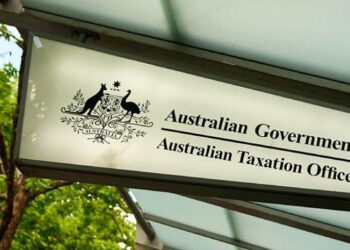Shelley Banton, director of Super Clarity, told delegates at the SMSF Adviser Technical Strategy Day in Melbourne last week, any impact the proposed legislation will have on the process of market valuations will really depend on when it is actually implemented.
“Does Div 296 really matter [in terms of valuation]? I guess the answer to that is it depends,” Banton said.
“The government is currently on pause with Div 296; they’re a little bit concerned about it. We’ve seen a lot of lobbying from the SMSF Association, from the professional bodies, and also from corporates, and that has actually put the backbenchers and the Prime Minister on a little bit of an alert.
“And depending on when, not if, but when some form of tax hike on balances is going to get implemented, it will depend on when it is actually implemented, because we think about the political ramifications of when this is going to get put in place.”
Banton continued that if the legislation is not implemented until 1 July 2026, then the operative date of changes would be 30 June 2027, and with a federal election around eight months later, the issue would become a “little bit more of a political hot potato”.
“I think the question is, are we going to get Div 296 in its current form or in a different form? Be careful what you wish for sometimes, because maybe the deeming rate which is being put out there by others in the industry may not be the answer and may provide a worse outcome.”
“We don’t know what we don’t know. Just wait and see what happens. We might even see it including indexation, and certainly that’s something that’s been put forward by others. The question for us is: do the SIS regulations actually care about Div 296? Does Reg 8.02 need to be considered with Div 296? No, that’s the members with a $3 million balance.”
Banton said Reg 8.02 was a simple, easy rule that all assets must be prepared at market value when preparing accounts for each year of income.
“So, while trustees might get a little bit worried about how they are going to prepare those accounts, that’s why we’ve got section 35b, which comes into play and says that trustees have to do that in line with the regulations, and they’re required to prepare, amongst other things, a statement of financial position.”
“That means those regulations come back to how the trust deed has been set up, and if, from 1 July 2021, it says that those accounts have to be prepared in line with general purpose statements, then they’re subject to Australian Accounting Principles. If it’s silent on that, then we’re back in the area of special purpose accounts, which means that they’re less complicated. They don’t have as much information.”
She continued that in this scenario, trustees had a little more flexibility on how they prepared those statements, but it had to be done in line with the accountant’s and auditor’s professional obligations.
“So, as we always say, read the deed, because you may actually have some restrictions on how those accounts are getting prepared.”
“There’s no doubt that some assets are easier to value than others. We’ve got listed shares that we can always get the valuations from during the trading day from the stock exchange, but when you’ve got those more complex assets, like unlisted entities and business real property, well then we’re in another sphere altogether.”


